Astronomer Dr Marek Kukula on the history of time
The astronomer explains how studying galaxies helps us understand time, and how we’re all time travellers already, relatively speaking
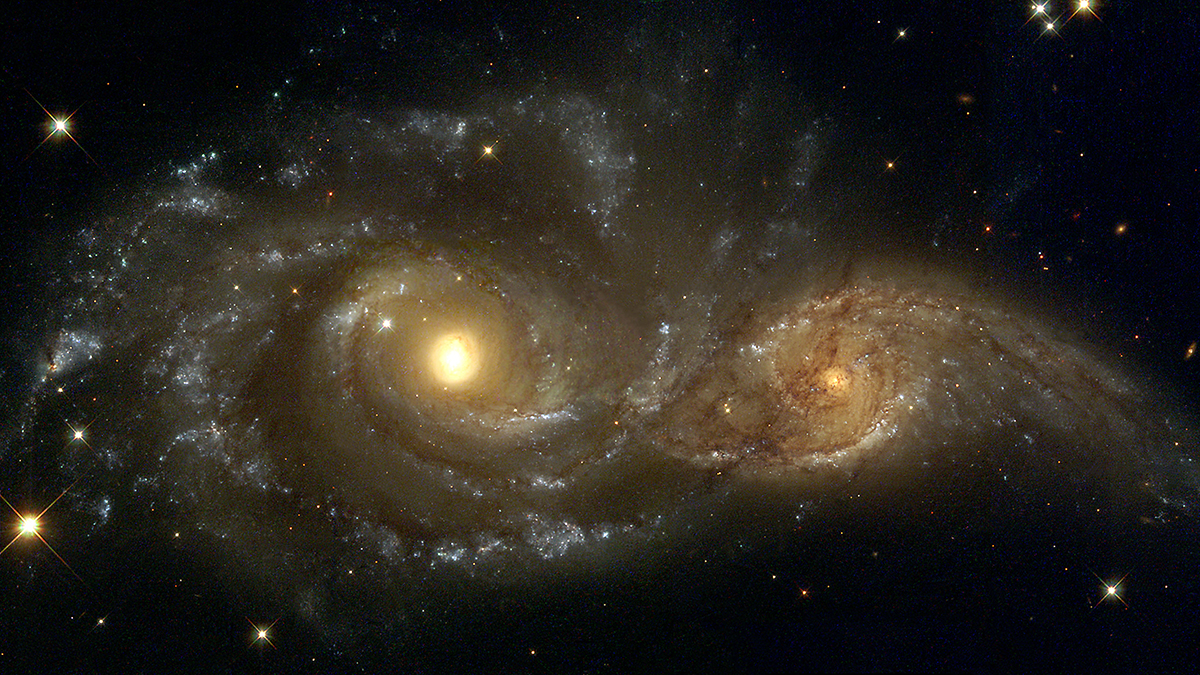
A free daily email with the biggest news stories of the day – and the best features from TheWeek.com
You are now subscribed
Your newsletter sign-up was successful
As an astronomer, time is absolutely integral to my work because light travels at a finite speed so it takes time to get from one part of the universe to another. It means the further out you look into space, the further back you’re looking into time. You are seeing light that set out decades, centuries or even millions or billions of years ago. You are, quite literally, seeing those faraway parts of the universe as they were in the distant past.
In that sense, studying space is like using a time machine to look back at the past. So, as an astronomer, you are always very conscious of time, and conscious that if you look further and further out into the universe, you’re looking back to different periods of the past and actually seeing the history of the universe. When you are working and focused, you kind of deal with the concept. But when you step back and try to work out how to relate to such a concept on an emotional level, it really is a very strange thing.
I have looked at galaxies that are so far away their light has taken billions of years to reach us. I was seeing them as they were much closer in time to the Big Bang, to the origins of the universe, than they were to the present day. Which is odd if you think about it too much. Other astronomers use different types of telescopes to look out even further, and therefore, to look back even further in time. And some of their observations are really taking us back to within a few hundred thousand years after the Big Bang – which sounds like a long time, but, in terms of the entire history of the universe, it’s very soon after the beginning of everything.
The Week
Escape your echo chamber. Get the facts behind the news, plus analysis from multiple perspectives.

Sign up for The Week's Free Newsletters
From our morning news briefing to a weekly Good News Newsletter, get the best of The Week delivered directly to your inbox.
From our morning news briefing to a weekly Good News Newsletter, get the best of The Week delivered directly to your inbox.
So we can see back through a huge swathe of the history of time. And by looking back in time we can piece together a history of the universe and try to work out why the universe here and now looks the way it does. In some ways, being an astronomer is like being an archaeologist; you are piecing together the story of the past from the objects that you find out there.
If you look at how science has developed over the past few centuries, you see how our concept of time has really changed. Time as we now understand it in modern physics is much weirder than the time we think we experience in our everyday lives. Einstein’s great insight more than 100 years ago was that different observers will perceive time differently depending on how they are moving relative to each other. Clocks moving at different speeds relative to each other will measure and register different amounts of time passing. Time is relative.
We have not, of course, always used clocks. For hundreds of years, the sun was our timekeeper. When it was due south in the sky, it was midday in your locality. The popular story goes that this had to change in the 19th century when railways started to link towns and cities around the UK. It’s fine if it takes you three days to get from Bristol to London by horse – you don’t really care about a few minutes or if there is a timetable or not. But if you’ve got a train to catch and you need to know about connections, then you need to know if the train’s arrival time is Bristol time, London time or whatever – which is where the need for a unified time system came about.
The time system adopted for Britain in the 19th century was time according to the sun in Greenwich. So, when the sun passes over the meridian line at the Greenwich Observatory, it’s midday at Greenwich and midday for the whole of the UK, even though, in Bristol, the sun won’t reach due south in the sky for another few minutes. This is Greenwich Mean Time (GMT). In 1884, the Greenwich meridian line was adopted as the Prime Meridian for the entire world and GMT became the basis for the world’s time-zone system. Today, everyone measures their local time in terms of hours ahead of or behind GMT.
A free daily email with the biggest news stories of the day – and the best features from TheWeek.com
Our attitudes to time are constantly changing. The CERN experiment, which suggested that tiny particles called neutrinos might be able to travel faster than the speed of light, has really caught the attention of the public and the media. Like most physicists, I’m pretty confident at the moment that it will turn out to be due to some kind of experimental quirk or error that just hasn’t been taken into account yet. But there is that tiny possibility that something completely new has been discovered. As a scientist, you always have to be open to having your cherished way of looking at the world overturned by new evidence. It’s what makes science so powerful, so exciting.
If the neutrino result did turn out to be true, then one thing Einstein’s theory of relativity tells us is this: if a neutrino can travel faster than the speed of light, then it must also travel backwards in time. That would certainly open up a very interesting can of worms about the nature of time and the possibility of time travel. Of course, we are all time travellers already; we are constantly travelling into the future. Time travel the way The Doctor does it, hopping freely to any time that he wants in a TARDIS, is a little more far-fetched. But I think we already know that time is more malleable than our everyday experience would suggest. The universe is certainly weirder than we give it credit for.
Dr Marek Kukula is the Public Astronomer at the Royal Observatory Greenwich. He previously worked as a researcher in the UK and US, studying quasars, black holes and distant galaxies using instruments such as the Hubble Space Telescope. He has also worked as course organiser for science and nature at the University of Edinburgh’s Office of Lifelong Learning.
-
 How the FCC’s ‘equal time’ rule works
How the FCC’s ‘equal time’ rule worksIn the Spotlight The law is at the heart of the Colbert-CBS conflict
-
 What is the endgame in the DHS shutdown?
What is the endgame in the DHS shutdown?Today’s Big Question Democrats want to rein in ICE’s immigration crackdown
-
 ‘Poor time management isn’t just an inconvenience’
‘Poor time management isn’t just an inconvenience’Instant Opinion Opinion, comment and editorials of the day
-
 See the Northern Lights from these bucket list destinations
See the Northern Lights from these bucket list destinationsThe Week Recommends The dazzling displays can be spotted across Iceland, Sweden and parts of Canada
-
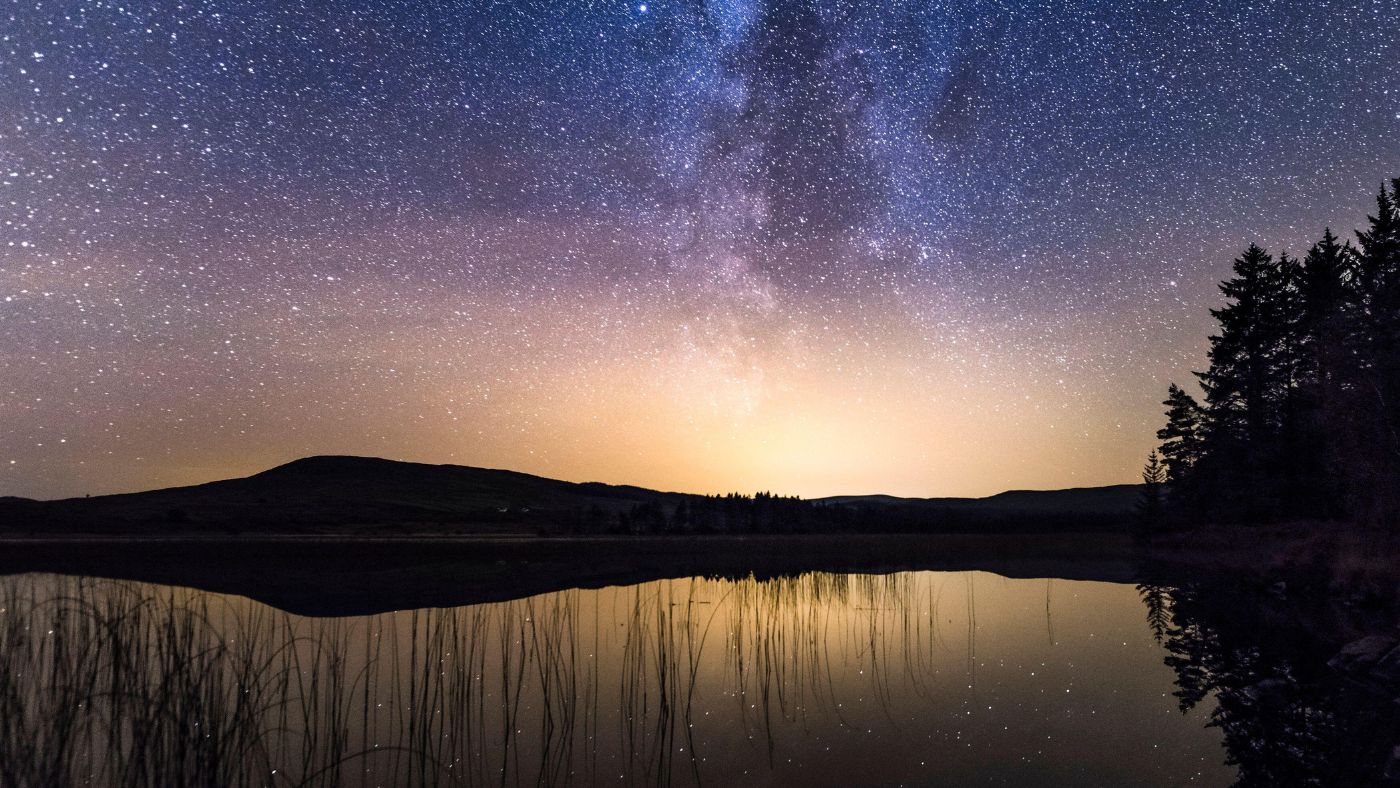 Best places for stargazing in the UK
Best places for stargazing in the UKThe Week Recommends Explore the wonders of the cosmos from these dark-sky locations across Britain
-
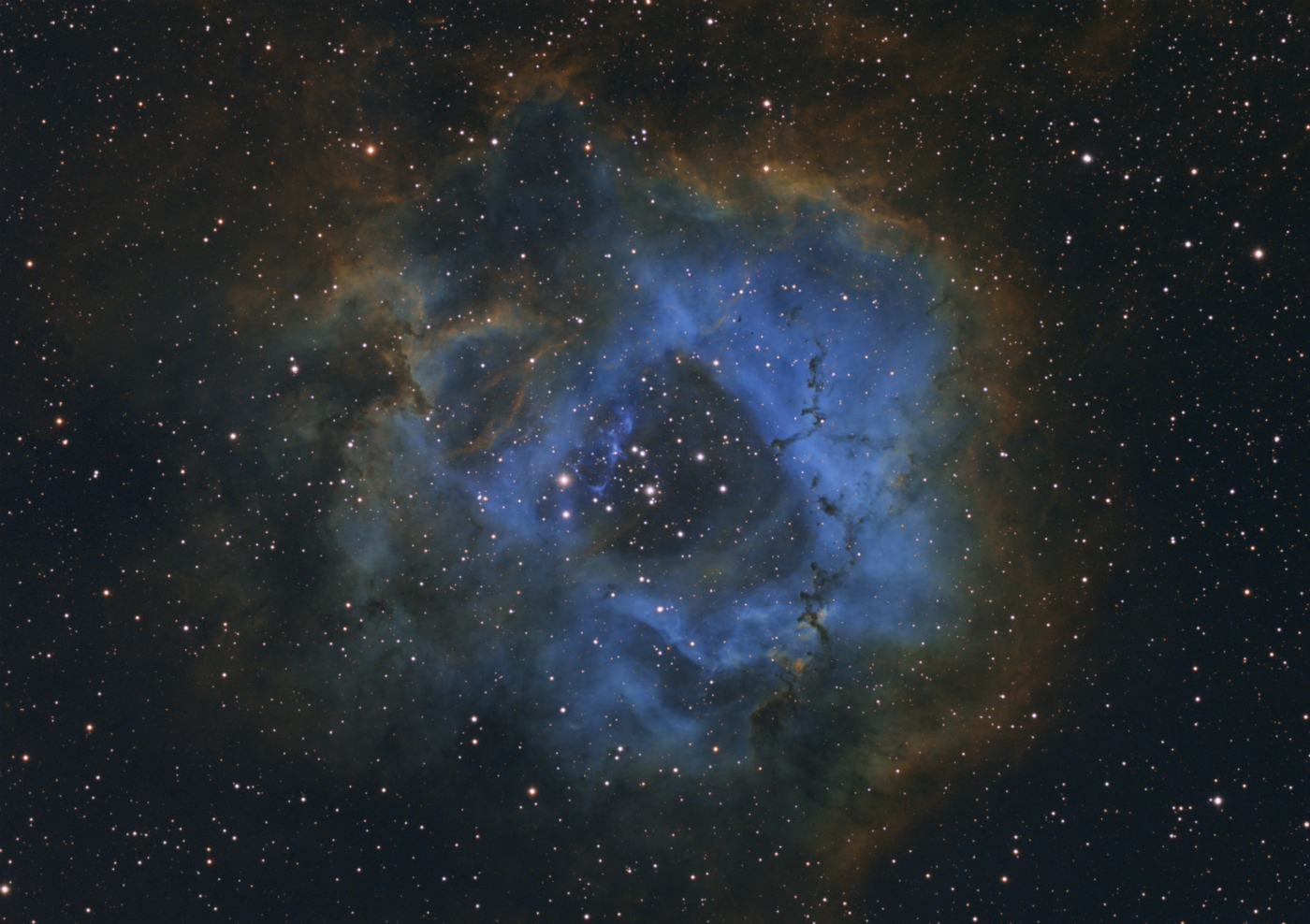 Astronomy Photographer of the Year 2019 - gallery
Astronomy Photographer of the Year 2019 - galleryThe Week Recommends Lunar winner Laszlo Francsics lands £10,000 prize
-
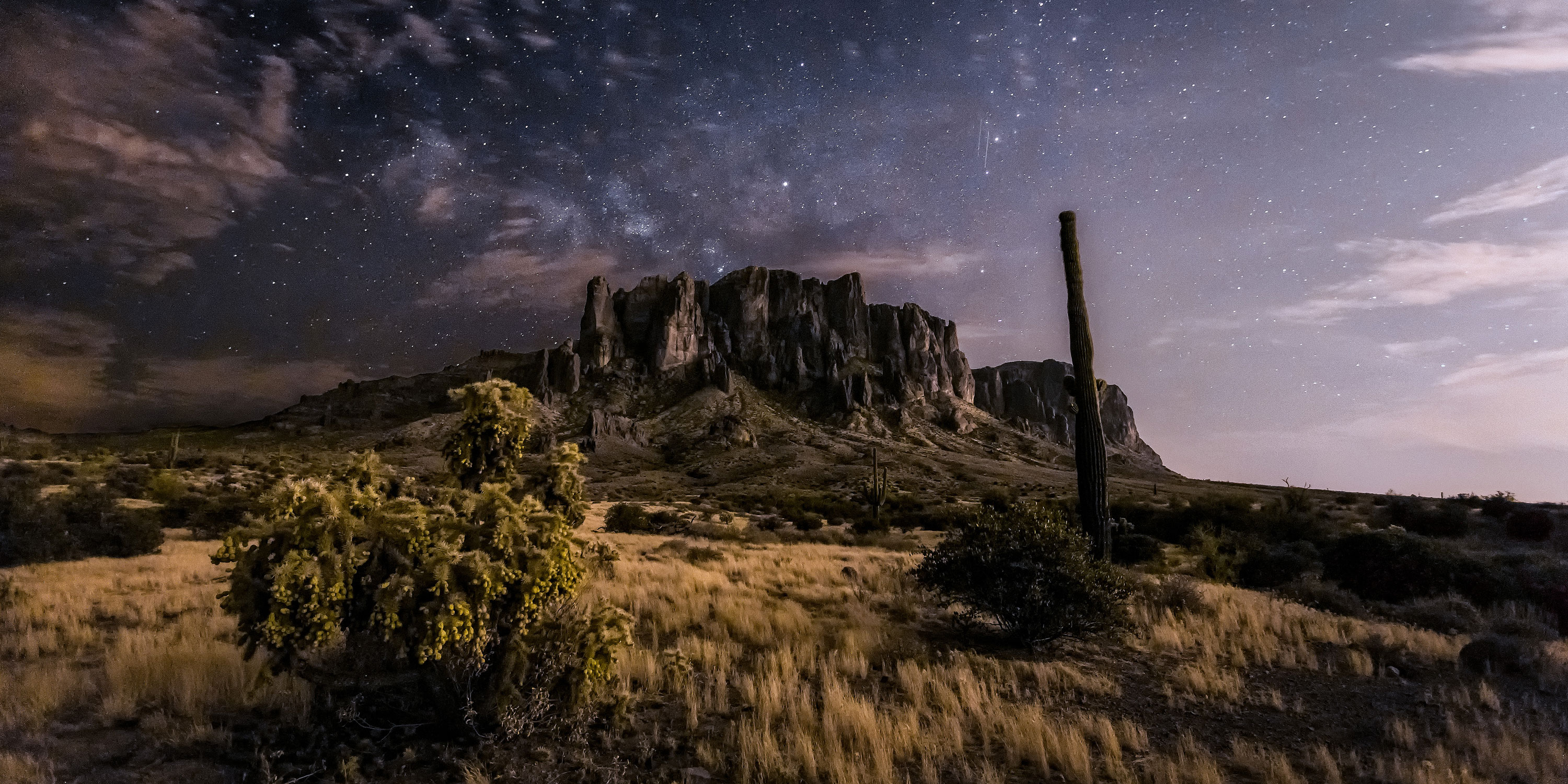 Seeing stars in Arizona
Seeing stars in ArizonaThe Week Recommends The southwestern state's unlit skies are a boon for amateur astronomers
-
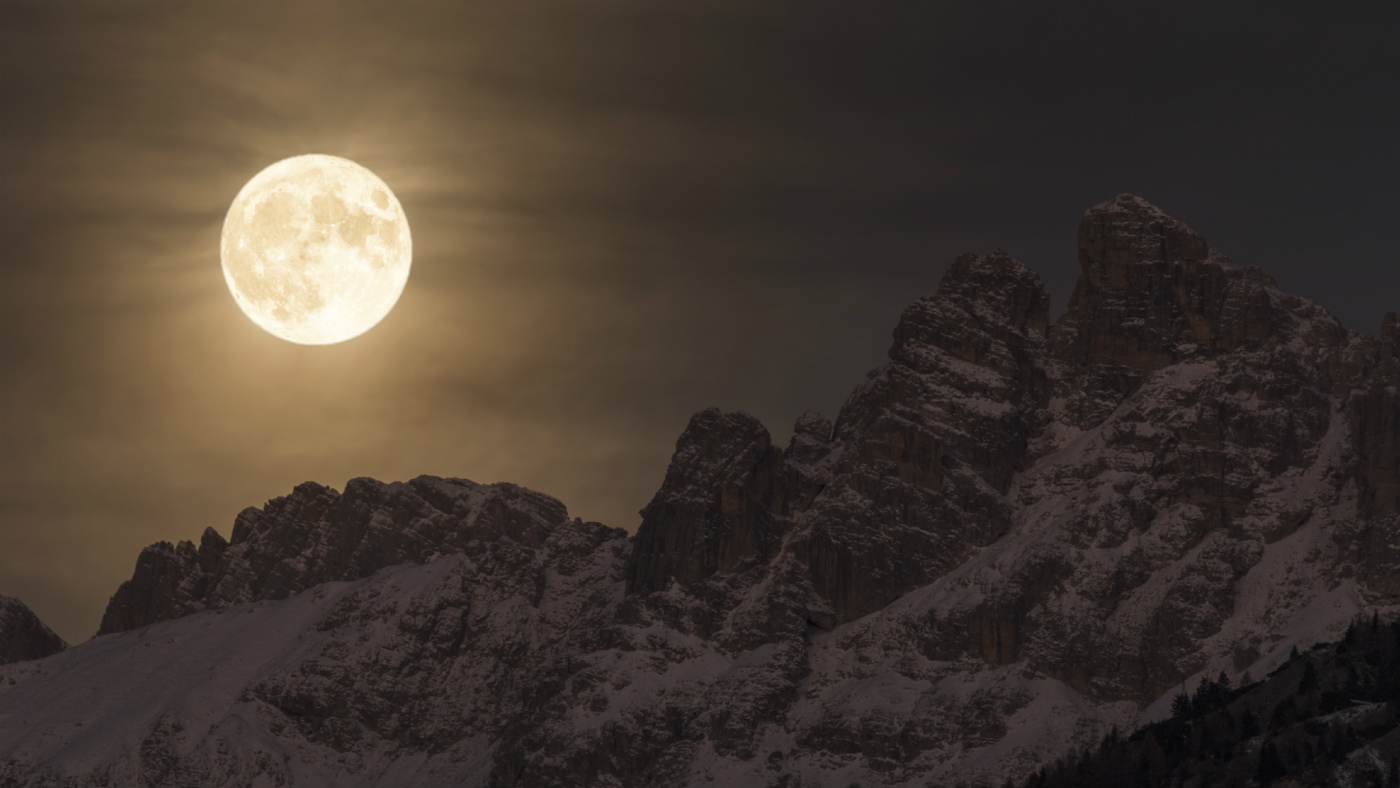 Insight Astronomy Photographer of the Year shortlist announced
Insight Astronomy Photographer of the Year shortlist announcedIn Depth More than 3,800 entries capture sights from across the universe